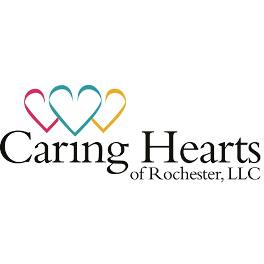Introduction to Environmental Science
Community College of Vermont - Middlebury, VT
ENV-1010 Introduction to Environmental Science 3 Credits
This course is a multidisciplinary study of the interrelationship between living things and their environment. The fundamentals of biology, chemistry, geology, and energy flow are studied so that current environmental issues can be understood and discussed from a scientific perspective. Emphasis is placed on maintaining and restoring sustainable ecosystems.
1. Explore concepts of ecology as they relate to environmental issues.
2. Explain the difference between energy flow and nutrient cycling through ecosystems.
3. Examine impacts of population changes on ecosystems, including issues of human population growth.
4. Analyze the role of atmospheric physics and chemistry as they relate to the biosphere.
5. Consider how humans affect marine, intertidal, and freshwater ecosystems.
6. Analyze the causes and effects of the major pollution issues (eutrophication, sewage, hazardous wastes, air pollution, acid rain, greenhouse warming and ozone depletion) and outline strategies to restore ecological balance.
7. Compare and contrast methods, impacts and sustainability of traditional and alternative energy.
8. Discuss land use principles as they relate to agriculture, forest and wildlife resources, water management and pest control.
9. Evaluate and compare the influence of science, economics, ethics and culture on environmental management.
10. Analyze environmental issues and solutions from a global, national, local and personal perspective.
11. Discuss laws and politics related to environmental science including the Clean Air Act and the Montreal Protocol.
12. Research and establish educational, career, and professional goals related to the field of environmental science.
Master's degree required.
Posted: 30+ days ago
About Community College of Vermont
Every year Community College of Vermont employs nearly 800 part-time faculty to teach its courses at 12 locations statewide and online, and we are always looking for enthusiastic, knowledgeable teachers. All faculty work part-time with a maximum of three... more



